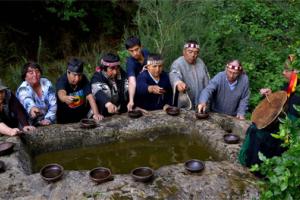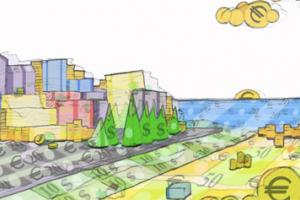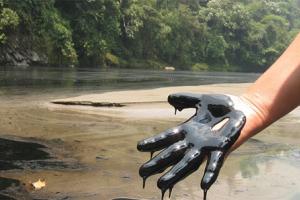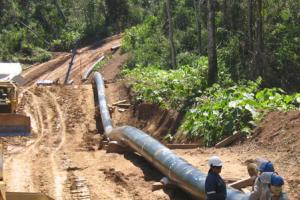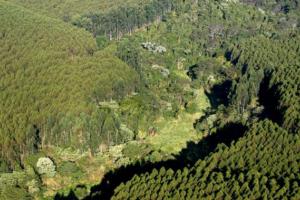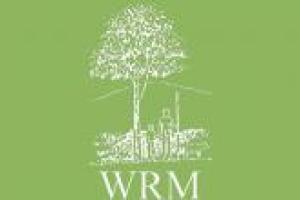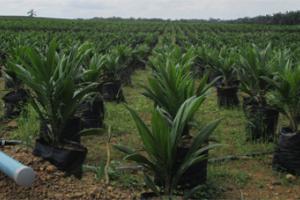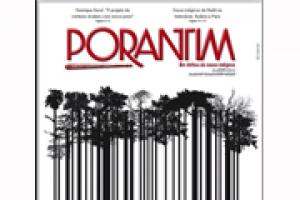The companies Forestal Mininco y Forestal Arauco account for the vast majority of tree plantation activities in Chile, with almost two million hectares of monoculture plantations of exotic tree species, mainly pine and eucalyptus. Despite the resistance, denunciations and harsh criticisms on the part of numerous Mapuche Indigenous organizations and communities, both companies have been certified with the FSC label through foreign consulting firms.
The Green Economy
The Green Economy is a tactic used to “clean up” the image of corporations rather than address corporate capture and capitalism as the true drivers of deforestation. False solutions promoted under the Green Economy include certification, sustainable forest management, ecosystem services, REDD+, the bioeconomy, nature-based climate solutions, and zero net deforestation. Rather than stopping it, these “solutions” support corporate-driven destruction that is causing a deep social and ecological crisis.
Bulletin articles
23 February 2015
Bulletin articles
9 December 2014
For almost ten years, a group of banks, corporations, governments and NGOs have been attempting to show the world that REDD+ is a good mechanism for combating climate change.
Bulletin articles
9 December 2014
Other information
9 December 2014
A new report by the Oakland Institute introduces the term ‘carbon violence’ to describe the impact of Green Resources’ plantation operations in Uganda on local communities and their environment. Green Resources is a Norwegian-registered plantation company with 41,000 hectares of plantations in Mozambique, Tanzania and Uganda. The company’s plantations, certified under FSC, are used for timber products and generate carbon credits.
Other information
9 December 2014
A Friends of the Earth report looks at specific case studies which demonstrate that REDD projects can facilitate rather than prevent the continued use of fossil fuels; exacerbate tensions over land and resource rights; have significant negative impacts on forest-dependent Indigenous Peoples and local communities; threaten food security; and even endanger forests. Some REDD projects have also faced significant financial difficulties, wasting considerable amounts of public funding.
Other information
9 December 2014
An article by Brazilian organizations FASE Amazonía, Grupo Carta de Belém and Fórum de la Amazonía Oriental, published by the newspaper “Aldeia”, challenges the myth – rooted in the carbon market – that the energy produced by hydroelectric plants is ‘clean’ energy, that is, an energy source that does not create polluting emissions.
Other information
9 December 2014
Through a series of articles, this report, from the organization Focus on the Global South, denounces how land, forests and water are being captured and enclosed for a range of purposes: industrial agriculture, tree plantations, hydropower, extractive industry, tourism, physical infrastructure, real estate development, Special Economic Zones and, quite simply, for financial profit through the construction of new markets.
Bulletin articles
9 December 2014
Bulletin articles
9 December 2014
Other information
8 December 2014
Only available in Portuguese.
A financeirização da natureza significa o aprofundamento radical do capitalismo e, ao mesmo tempo, configura-se como um neocolonialismo. Os povos indígenas e as comunidades tradicionais são os principais impactados por esta lógica perversa, que transforma a natureza em mercadoria e agrava ainda mais a desigualdade social.
